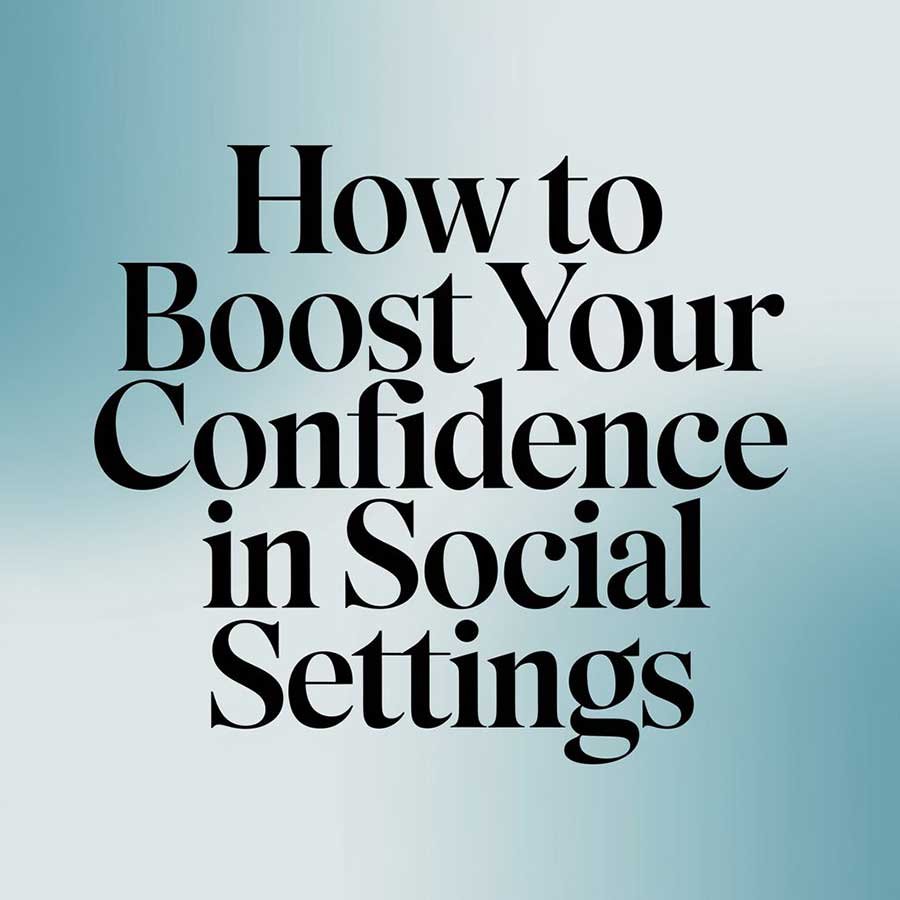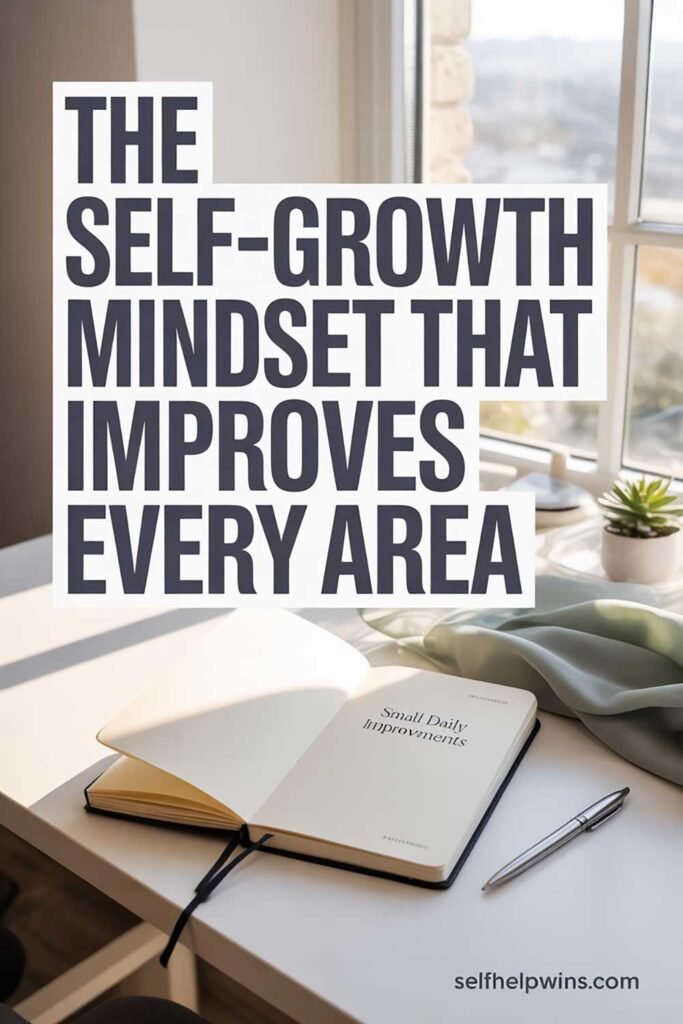
How to Boost Your Confidence in Social Settings
Understanding Social Confidence
Confidence in social settings is essential for building meaningful relationships, improving communication, and enhancing personal and professional growth. However, social interactions can be intimidating, especially for those who struggle with shyness, anxiety, or self-doubt. The good news is that social confidence is a skill that can be developed with practice and mindset shifts.

Why Social Confidence Matters
- Strengthens relationships by allowing for deeper, more meaningful connections.
- Improves communication skills and helps you articulate your thoughts clearly.
- Increases opportunities in career networking, dating, and social events.
- Reduces anxiety by making social situations feel more comfortable and natural.
- Enhances self-esteem by reinforcing a positive self-image.
Practical Strategies to Boost Social Confidence
1. Prepare Before Social Interactions
Preparation can ease anxiety and help you feel more in control. Try:
- Thinking of topics in advance – Have a few conversation starters ready.
- Practicing common social scenarios – Role-play conversations to build confidence.
- Dressing for success – Wear clothing that makes you feel comfortable and confident.
2. Improve Your Body Language
Nonverbal communication plays a significant role in social confidence. Practice:
- Maintaining eye contact – Shows attentiveness and self-assurance.
- Standing tall with good posture – Conveys confidence and openness.
- Using open gestures – Avoid crossing arms, as it can appear defensive.
3. Engage in Active Listening
People appreciate good listeners. To improve social interactions:
- Give your full attention – Avoid distractions like your phone.
- Nod and use verbal affirmations – Show engagement with “I see” or “That’s interesting.”
- Ask follow-up questions – Encourages deeper conversation and connection.
4. Start Small and Gradually Challenge Yourself
If social situations feel overwhelming, ease into them by:
- Engaging in small talk with cashiers, coworkers, or acquaintances.
- Attending low-pressure events like small gatherings before bigger social settings.
- Practicing with friends or family before stepping into new social circles.
5. Develop a Positive Mindset
Your thoughts shape your confidence. Combat negative thinking by:
- Reframing self-doubt – Instead of “I’ll embarrass myself,” think “I’m learning and improving.”
- Using affirmations – Repeat statements like “I am confident in social settings.”
- Visualizing success – Imagine yourself interacting confidently before social situations.
6. Learn to Handle Awkward Moments Gracefully
No one is perfect in social interactions. If you feel awkward:
- Laugh it off – Humor makes situations more relaxed and relatable.
- Acknowledge the moment – Saying, “Oops, I lost my train of thought,” can ease tension.
- Redirect the conversation – Ask a question to shift focus away from yourself.
7. Step Out of Your Comfort Zone
Confidence grows when you face challenges. Push yourself to:
- Speak up in group conversations – Share thoughts or stories even if you feel nervous.
- Initiate conversations – Take the lead in saying hello or introducing yourself.
- Join clubs, events, or meetups – Exposure to social situations makes them feel more natural over time.
8. Develop Social Skills Through Practice
Confidence is built through experience. Some ways to practice include:
- Engaging in public speaking groups like Toastmasters.
- Taking improv or acting classes to improve conversational flow.
- Volunteering or networking to meet new people and build confidence.
9. Focus on Others, Not Yourself
Shifting attention away from yourself reduces self-consciousness. Instead of worrying about how you’re perceived:
- Show genuine interest in others’ experiences.
- Ask meaningful questions that encourage people to share more.
- Listen with empathy rather than overanalyzing your own responses.
10. Be Patient with Yourself
Social confidence is not built overnight. Give yourself time to grow and acknowledge progress, even in small steps.
- Celebrate victories like successfully starting a conversation.
- Reflect on interactions and learn from them.
- Remind yourself that confidence comes with consistent effort.
Picture This
Imagine walking into a social gathering feeling at ease, engaging effortlessly in conversations, and leaving with new connections and memorable experiences. Instead of dreading social situations, you look forward to them, knowing that each interaction is an opportunity for growth and meaningful connection. This is the power of social confidence—embracing your authenticity and enjoying the people around you.
Share This with Someone Who Needs It
If this guide inspired you, share it with a friend or loved one who wants to feel more confident in social settings. Together, we can build stronger connections and empower each other to thrive socially!






